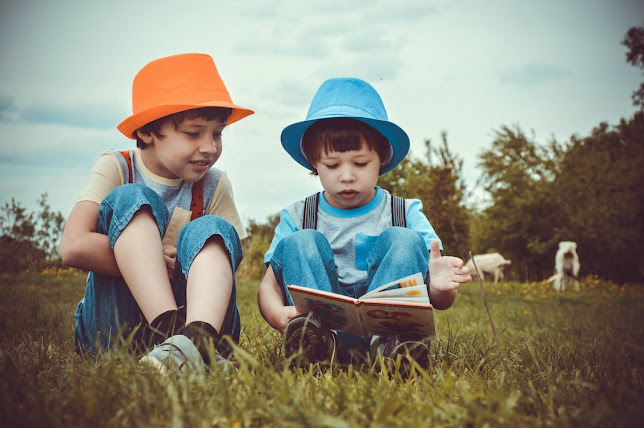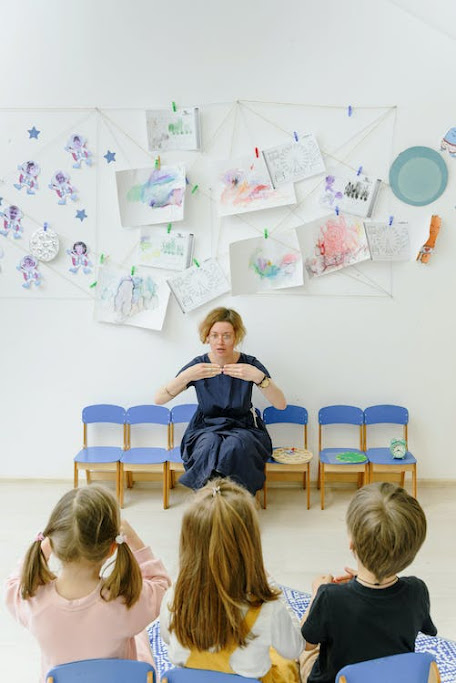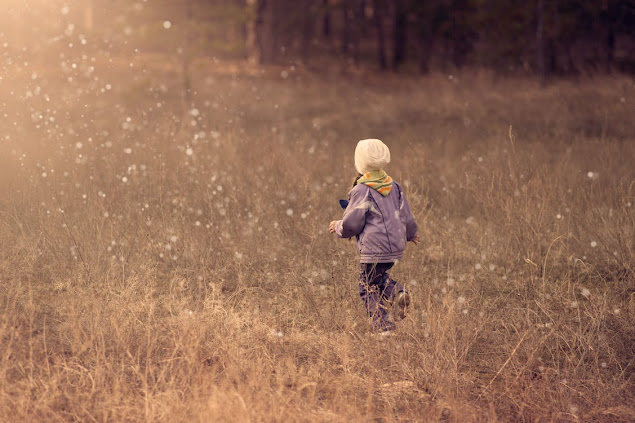Reading is a vital part of a child’s development in
literacy, as well as helping children find a love for picking up that new book.
From the moment you enter nursery school and follow the Early
Years Foundation Stage, you’ll be immersed into the world of
fictional stories and unique creations.
Here in this guide we explore why reading is integral for a
child’s development.
It’s a basic building block for learning
In daily life we read to help us understand a project, a
rule or what’s been asked of us in school. Picking up those different words and
phrases to put together into sentences will help us learn to speak, write and
be able to listen to others - all integral skills to help us go through life.
It strengthens a child’s memory
Reading continuously will help your child learn how to remember things and remind themselves of what they’ve learnt. It also helps your child build brain connections, create new ones and talk to others about what they’ve learnt about through the stories they read.












